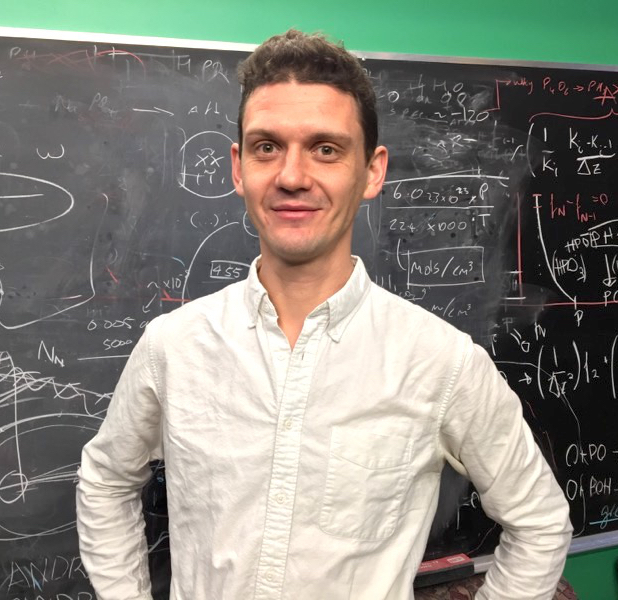Welcome! I’m an assistant professor in Peking University’s Department of Atmospheric and Oceanic Sciences and a member of our Planetary Atmospheres group.
I originally grew up in Tanzania, Germany, and Kenya. I went on to study Physics and Philosophy at Harvard, and did a PhD in climate science and extrasolar planets at the University of Chicago. After that I was a postdoc at MIT, supported by a fellowship from the James S. McDonnell Foundation. I now work at Peking University in Beijing, China.
Why do different planets have such different climates? My work tries to explore this question from a range of angles, with a particular emphasis on the atmospheres of exoplanets and climate change on Earth. Find out more by checking out my recent publications.
- April 2024 Tidal models have long predicted that exoplanets should be tidally locked, but didn't have much empirical evidence to back them up. Our new study, led by Xintong Lyu, shows that thermal observations of the super-Earth LHS 3844b strongly constrain its rotation rate; the planet is almost certainly tidally locked. In addition, its surface is almost as dark as a perfect blackbody, so LHS 3844b's surface is likely space weathered. Read more in this news highlight.
- January 2024 Does moisture strengthen or weaken atmospheric eddies? Our new study led by Nick Lutsko suggests that, in an Earth-like atmosphere, moisture makes storms weaker. A preprint is available here.
- June 2023 Still hunting for exoplanet atmospheres ... Congratulations to Sebastian Zieba for leading this study that was recently published in Nature! From simple theory papersa, b, c, d, over a first test run with the Spitzer telescopee, to now having the incredible capabilities of JWST, the search for atmospheres on roughly Earth-sized planets has been one of the most exciting research areas I've had the privilege to be involved with. In this paper, our team found that the nearby TRAPPIST-1c does not have a thick Venus-like atmosphere. Given the similar finding for the neighboring TRAPPIST-1bf, maybe it's harder than we originally thought to find truly Earth-like planets out there?
- May 2023 The most important feedback for determining how much Earth warms under global warming is the longwave clearsky feedback. Together with Nadir Jeevanjee and Nick Lutsko, we developed a way to estimate this feedback solely using pen and paper. The paper is published here. Want to compute analytical spectral feedbacks yourself? The scripts are available on github.
- October 2022 Our Planetary Atmospheres group has open postdoc positions. Find out more here.
- August 2022 Interested in doing undergraduate research, or looking for a postdoc position? Get in touch via email (see left).
- August 2022 Interested in climate feedbacks? Check out this new preprint with Nadir Jeevanjee and Nick Lutkso. We develop an analytical model to explain both the state-dependence and spatial structure of Earth's longwave climate feedback.
